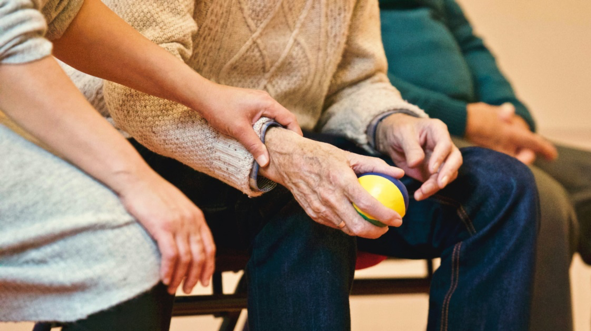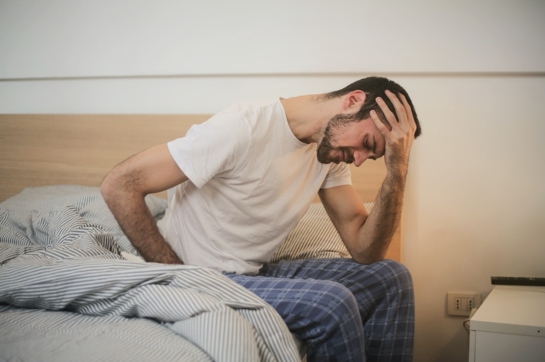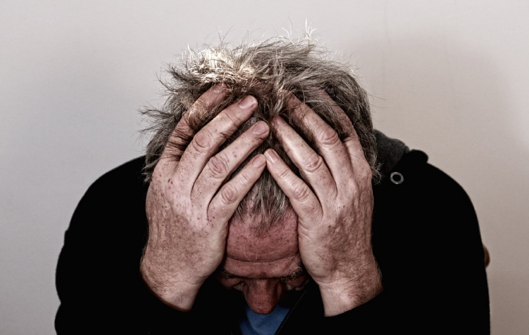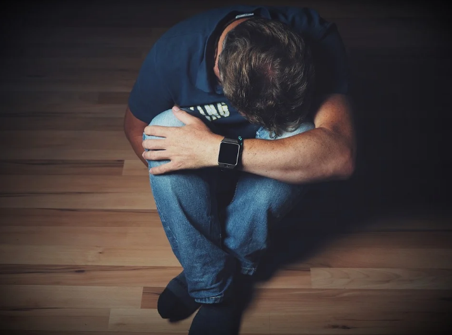What are the common urological problems that men have? Urology is a medicinal and doctoral branch that accounts for urinary tract-related conditions and diseases men and women experience. The body’s urinary tract system works to regulate and manage the passage of urine. In males, the reproductive organs are also part of this.
Urology pertains to organs like the bladder, ureter, urethra, kidney, and other reproductive organs inside the body. Men and women both can experience urological problems or diseases due to aging, injury, genetic problems, or even birth defects.
Urological diseases affect the urinary tract system and the body organs associated with it. These conditions can be acute or chronic depending on the age, injury, or for the time that these conditions have persisted.
Below are some of the most common urological problems and diseases that men experience at some point during their lifetime that often lead to a disturbing and unhealthy lifestyle causing stress and loss of focus.
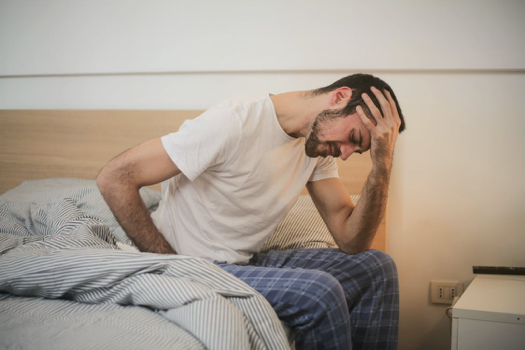
(Source)
6 Common Urological Problems Men Face
Some urinary tract-related issues cause minor symptoms that do not significantly impact men’s lifestyle. On the contrary, some urological conditions do have the tendency to cause more pain and induce other effects on the male reproductive and urinary organs. If left untreated for long periods, these conditions can lead to serious illnesses.
1. BPH
Short for Benign Prostatic Hyperplasia or Benign Prostatic Hypertrophy, BPH is a condition most common for older men. Due to aging a prostate gland may start enlarging. The most common age for this condition is around 50 years in men. Researchers have not found clear reasons as to why this condition may occur in men. The symptoms of BPH include:
- Fullness in the bladder
- Difficulty starting or stopping urination
- Urge to go urinate suddenly
- Straining during urination
- Dripping at the end of urination
These symptoms occur because the enlarged prostate weakens the urethra, causing a weaker flow of urine.
2. Erectile Dysfunction
Erectile Dysfunction causes men to struggle to maintain an erection. Most common in older men, it can affect younger men as well. This might be due to stress and fatigue in lifestyle or simply aging. Symptoms of this condition are not painful but they can cause embarrassment, humiliation, stress, and even weaken your relationship.
3. Prostatitis
This urological condition involves the inflammation and irritation in the prostate glands. This leads to difficulty in urination, often correlated with pain, fevers, pain in the abdomen or pelvic area, and Urinary Tract Infections (UTIs). Many urological problems in men affect the prostate.
Nonetheless, there can be misconceptions while figuring out what it is that you might experience. Therefore, seeking professional care and medicine may help well.
4. UTIs
A urinary tract infection may occur due to several reasons. Having prostate inflammation or prostatitis are some common reasons. Conversely, it is evident that the presence of bacterium in the urinary tract causes UTIs. Some common symptoms of UTIs are:
- Pain in the lower belly
- Difficulty urinating
- Cloudy urine
- Burning when urinating
Consulting a medical professional specializing in urology is the best way to counter such conditions.
5. Infertility and Testosterone Deficiency
Testosterone deficiency may occur due to a low sperm count in men. It may be genetic for some men. Causes for infertility may be the abnormality of sperm, weak sperm, low sperm count, or the inability of sperm to swim. Nonetheless, it can cause various difficulties for couples looking to conceive. This may be because of extreme stress or a loss in focus, but it can lead to a lack of sex drive.

(Source)
6. Prostate Cancer
This is the second-largest cause of death in men due to cancer. This is different from BPH. However, prostate enlargement does occur. The main cause that doctors detected is the production of abnormal cells in the prostate glands. These can form tumors that, if left untreated, lead to cancer.
Early treatment is one of the best options to treat prostate cancer. Early detection allows you to take quick measures to reduce tumors and keep them under control. Regular checkups might be necessary. However, some symptoms of prostate cancer are:
- Semen containing blood
- Urine containing blood
- Erectile dysfunction
- Infertility experienced when trying to conceive
- Weight loss
- Weak urination
- Pain in lower abdomen and bones
Conclusion: Consult With An Experienced Urologist
There are various treatments and medications in effect to counter urological diseases and conditions in men. More are under development, requiring further testing. Nonetheless, the best measures are preventative, which means being self-aware. Reporting such symptoms and initiating medications and treatments can help you avoid losses and discomfort, alongside other difficulties.
At Fifth Avenue Urology, we work with the best professional urological experts who can treat you with patience and respect. Our doctors view these opportunities as privileges. So, if you are experiencing these symptoms and are unsure of the reasons you can visit our contact us page.
Give us a call to book an appointment at 212-675-3186. Or visit us in person for a detailed medical checkup at 4 East 76th Street, New York, NY 10021.
References
- https://www.healthgrades.com/right-care/mens-health/7-reasons-for-men-to-see-a-urologist
- https://www.urologyhealth.org/urology-a-z/b/benign-prostatic-hyperplasia-(bph)#:~:text=Some%20researchers%20believe%20that%20factors,of%20estrogen%2C%20a%20female%20hormone.
- https://www.mayoclinic.org/diseases-conditions/prostate-cancer/symptoms-causes/syc-20353087

 Dr. Larish is a urologist and surgeon treating women and men with a variety of urological conditions. His expertise is in treating complex kidney stones, enlarged prostates (BPH), incontinence, erectile dysfunction, infertility, and urological oncology (prostate, bladder, kidney, and adrenal cancers). He is an expert in general urology and is often consulted for second opinions.
Dr. Larish is a urologist and surgeon treating women and men with a variety of urological conditions. His expertise is in treating complex kidney stones, enlarged prostates (BPH), incontinence, erectile dysfunction, infertility, and urological oncology (prostate, bladder, kidney, and adrenal cancers). He is an expert in general urology and is often consulted for second opinions.




